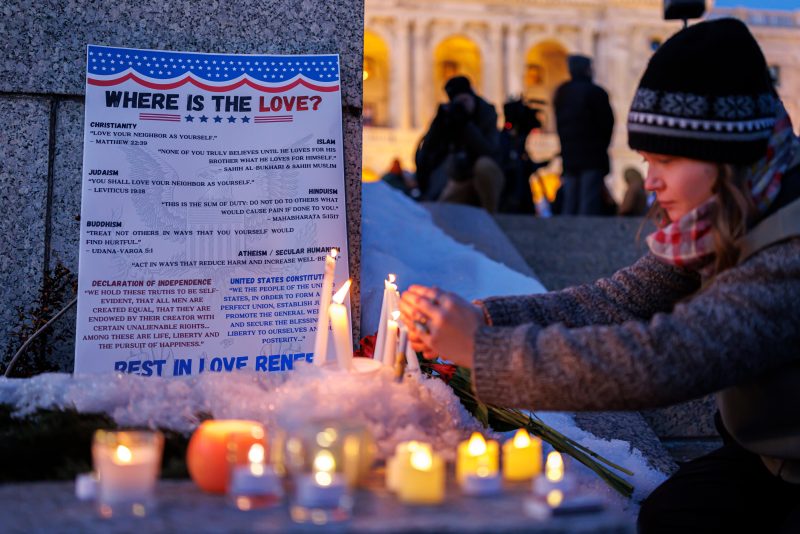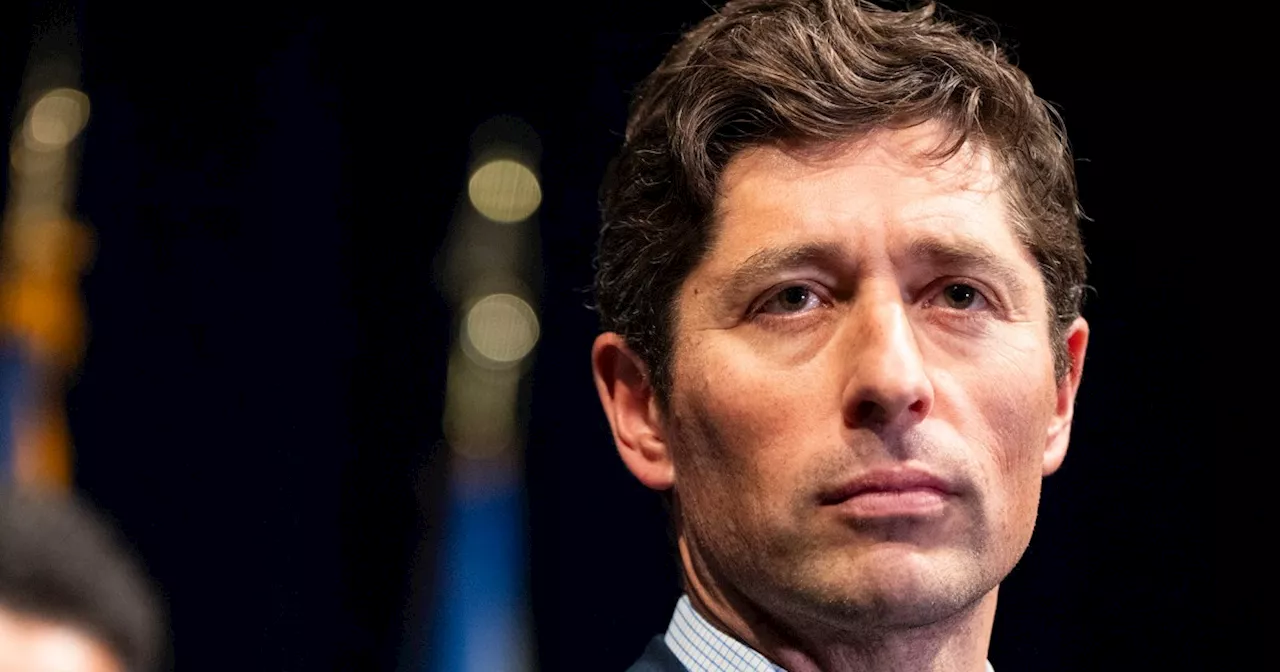
A recent incident in Cincinnati has sparked significant controversy after local leaders called for charges against a white victim of a violent beating that was captured on video. The police have arrested a seventh suspect, Gregory Wright, who allegedly stole a gold chain from one of the victims before recording the attack with his phone. The coordinated assault, which has drawn widespread attention, raises questions about accountability and victim rights.
Community leaders in Cincinnati have taken a controversial stance, demanding that the white victim be charged for allegedly “inciting” felonies by provoking the seven assailants. This assertion has ignited a debate about the nature of victimhood and the responsibilities of individuals in violent encounters. “The white guy incited six felonies,” one community leader stated during a recent press conference.
The argument has been met with criticism from various quarters. Many observers have highlighted the implications of blaming a victim for the actions of their attackers, suggesting it represents a troubling trend in public discourse. The notion that a victim’s actions could justify violent responses has raised alarms among legal and social commentators.
Community Reactions and Broader Implications
Responses from the public have varied widely. Some argue that the focus on the victim’s behavior detracts from the serious nature of the crime, while others express frustration over perceived double standards in how such cases are discussed. There is a call for a more unified community response that condemns violence in all forms.
Critics have voiced concerns that this incident reflects broader societal issues related to race and accountability. Comments made by local officials and community leaders have prompted discussions about the responsibilities of those in leadership positions to promote constructive dialogue rather than division.
Many have pointed out that victim-blaming undermines the principles of justice and accountability. As one commentator noted, “If people offend you with the words coming out of their mouth, you’re allowed to take violent action— is that what they’re saying?” This sentiment echoes a growing unease about the normalization of violence in response to perceived provocations.
The Role of Law Enforcement and Legal Consequences
The Cincinnati Police Department continues to investigate the incident, emphasizing their commitment to upholding the law impartially. The department has not indicated any intention to pursue charges against the victim at this time, stating that their focus remains on apprehending those responsible for the assault.
Legal experts have weighed in, noting that the demand for charges against a victim is not typically supported by law. In cases of assault, the responsibility lies squarely with the perpetrators of the violence. The notion that a victim could be held accountable for provoking an attack contradicts established legal principles regarding self-defense and victim rights.
As this situation develops, it will be essential for community leaders and law enforcement to navigate the complexities of race, violence, and accountability. The dialogue surrounding this case underscores the importance of addressing underlying tensions while advocating for justice for all victims, regardless of their background.
The Cincinnati incident serves as a reminder of the ongoing challenges faced by communities grappling with issues of race, violence, and justice in a diverse society. The outcome of this case may influence future discussions about accountability and the role of victims in violent crimes.







